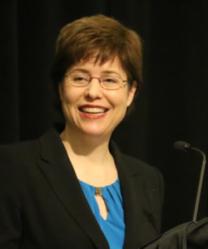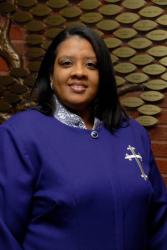

2:30 pm EDT - 4:00 pm EDT
Past Event
Years of pent-up frustrations have polarized discussions around race, ethnicity, religion, immigration, gender, and many other sources of difference in America’s increasingly diverse society. At a time when many Americans do not trust those with opposing political beliefs, community-building efforts are vital to reduce current divisions and promote a respectful civil society. How can religious leaders across the country bring their communities together and help guide America on a path towards healing?
On June 10, Governance Studies at Brookings hosted a webinar to discuss the critical need for national unity and the role faith leaders can play in facilitating reconciliation in the United States today. Melissa Rogers of the White House Office of Faith-Based and Neighborhood Partnerships joined Brookings President John Allen for a keynote session. A panel of interfaith leaders followed to discuss opportunities and challenges communities face in their efforts for unity and shared prosperity.
Viewers submitted questions for speakers by emailing [email protected] or via Twitter at @BrookingsGov.

Moderator

Panelist



Elaine Kamarck, Jordan Muchnick
May 3, 2024
2024
Online Only
1:00 pm - 2:00 pm EDT

Jonathan Katz, Lily Conway, Norman Eisen, Robin J. Lewis, Andrii Borovyk, Josh Rudolph
April 19, 2024